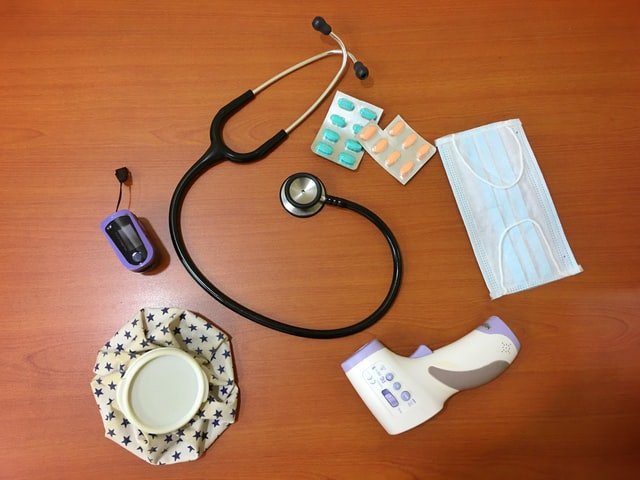How To Age Gracefully With One Great Diet Plan

Table of Contents
And Lead a Happy, Healthy Life even if you have diabetes
Have you ever wondered how many diabetic patients manage to keep themselves healthy and also age gracefully? Well, they follow a discipline wherein they-
- Do regular exercise
- Eat a diet that helps them control their blood sugar, gives them energy to work and supply them nutrients that keeps their body healthy
- Take their medicines on time
- Sleep on time and keep themselves stress free.
Aging well in diabetes is all about preventing complications of the disease. In my last article, I wrote about the No.1 tip-Exercise- to help you age gracefully, with or without diabetes. In this article, I am going to show you do the same with a great diet plan.
Would you also like to learn how to do this? Then read on-
Before I begin writing about this, I would like you all to read and ponder over this beautiful quote on aging-
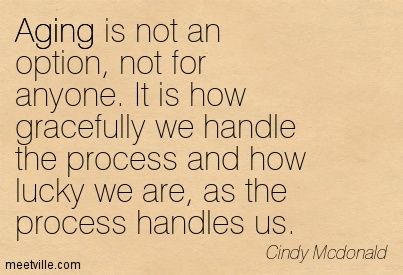
As you can see above in the quote, everyone has to age. But how we go about doing it really matters in the end. If we can manage to keep ourselves healthy in our younger days, we can assume that half the battle is already won. The next half of the battle is how to go about it gracefully.
Diabetes and Aging
As you know, the control of blood sugar in diabetes depends on various factors, namely-
- Physical activity-whether you are physically active or not-like exercising regularly.
- Diet- what it contains more of-whether it is carbohydrates, proteins, or fats.
- Medication- whether the medicines you are taking is really helping you or not, whether you are adhering to doctor’s prescription sincerely or not.
- Rest or sleep- are you getting enough rest/ sleep. If not, you are going to be stressed out and sometimes that leads to binge eating, putting on weight and worsening diabetes. All of these put together will shorten your life by causing unwanted complications.
These are the four pillars that I had mentioned in my earlier article on aging gracefully. My first tip was on exercise- you can read that article here-
We are going to discuss the 2nd point here- Diet. In this article, we will first discuss different types of diet that help in maintaining our health and how we can use them as we get older.
Planning your Diet-
In patients having diabetes, I always advise sticking to food items having a low Glycemic Index or low Glycemic Load.
Having food items with a high glycemic index or glycemic load tends to increase blood glucose levels, thereby increasing calorie intake. This leads to an increase in body weight, adding complications to an already existing disease. As I have mentioned earlier, aging well is all about preventing complications of diabetes.
Here is a link that will give you a list of foods/ carbohydrate content of food with their glycemic index- link. This information will help you plan what you should eat and what to avoid.
Different types of diets-
In todays’ world where maintaining good health is concerned, and specifically for diabetics, there are various diet plans to choose from. Let us review a few ones-
- The totally vegetarian
- Vegan plan
- Non-vegetarian plan
- Keto-diet
- Atkin’s diet plan
- Dash diet
What is a total Vegetarian diet?
A vegetarian diet is one that does not contain any form of animal flesh.
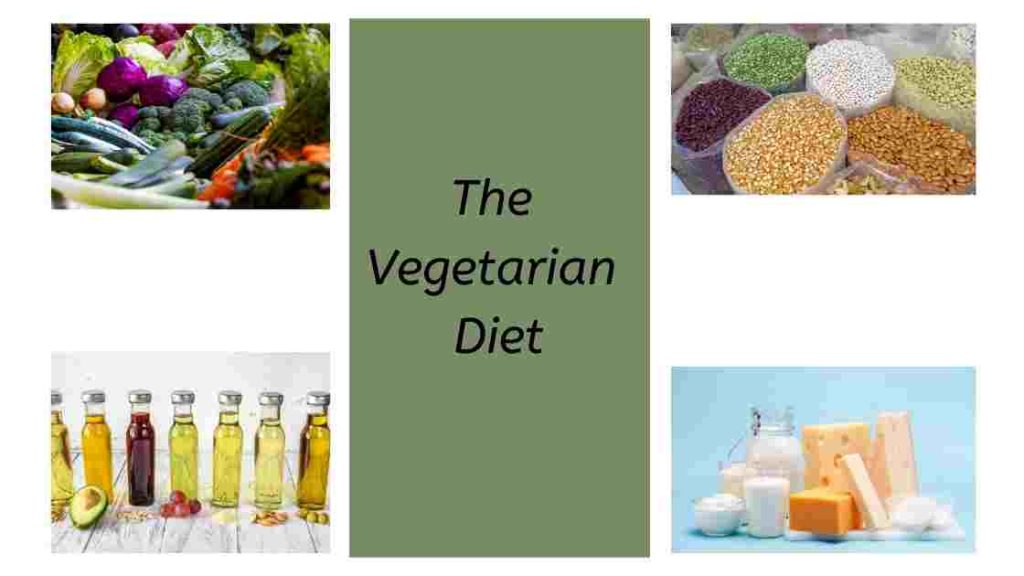
In this type of diet, you are wholly dependent on plant sources for your daily intake of-
Carbohydrates1 – This includes-grains, cereals, sugars, all types of vegetables, all types of fruits, etc.
Proteins2 – This includes pulses, legumes, soy milk, soy flour, quinoa, soy chunks, flour from grains like wheat, corn, milk* and milk products* [like cheese, for example], eggs*, etc.
And Fats3 – This includes vegetable oils, hydrogenated oils, butter*, ghee*[clarified butter] etc.
* There is a controversy as to whether these products should be classified as a non-vegetarian component of the diet. But as these products are derived from mostly grass-fed animals, these products are considered to be vegetarian.
Are eggs considered to be a part of vegetarian diet?
There are two schools of thought in this question. Some people consider fertilized eggs to be a part of a non-vegetarian diet. Others claim that non-fertilized eggs are vegetarian. However, many vegetarians consume eggs, as they are a good source of protein. So, as with milk, one can safely assume that non-fertilized eggs are vegetarian.
What is a Non-vegetarian diet?
Foods containing animal products like meat, poultry, fish, eggs, etc. come under this category. These food items contain no carbohydrates but only proteins and fats.
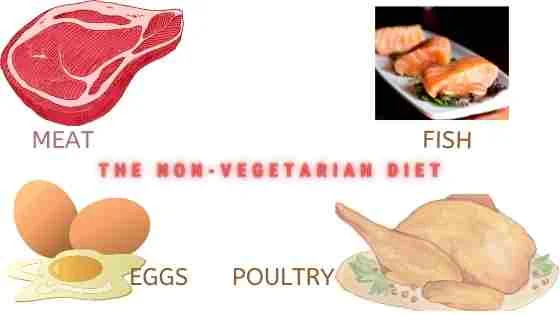
People who would like to improve or give a muscular look to their body prefer a non-vegetarian diet as it provides plenty of proteins. They include very little or no vegetables in their diet, even though cereals having high protein content is used by them. Non-vegetarian diet is rich in vitamin B12 and K.
What is a Vegan Diet?
Vegan diet-
Veganism is a wholly plant-based diet. It does not include any animal products like milk, eggs, or flesh. They do lack in many nutrients* that is provided by a balanced diet, yet if managed well can end up being a very healthy choice.
(* such as calcium, vitamin B12, omega3 fatty acids, etc.)
However, there are certain foods that contain these nutrients. Read this article to know how to get these healthy nutrients.
Here is another article on how a vegan diet helps rebuild your health- link. If you are having health issues due to your eating habits, this article will help you how to reverse them.
What is this One Great Diet Plan for Aging Gracefully I am talking about?
Let’s now learn about how you can have a good diet for aging well. In my opinion, a combination of the vegetarian diet and a non-vegetarian diet will be a wholesome one. It satisfies both the palate by tasting good as well gives complete nourishment for the whole body.
As is the norm in diabetics, the lower the quantity of carbohydrates the better. Of course, you should not totally do away with carbohydrates- they are the instant source of energy. Proteins and fats require time to get converted to glucose and then provide energy or the required calories[ this is the main principle of the Keto Diet]. Instead, having complex carbohydrates will do the trick as it takes time to digest and metabolize it.
If you are on a vegan or vegetarian diet and would like to boost your health through diet, try adding nonfertilized eggs and milk products to it. You will get a good amount of proteins as well as fats that are essential to building your body.
Here is what I consider a fairly balanced diet-
Breakfast
Include any one or two of the items mentioned below-
- Eggs- boiled, scrambled, poached-anyone will do.
- Cereals- sooji, quinoa, flat breads [ chapati in India], whole grain breads
- Pulses or lentils-sprouted ones will give you maximum proteins and vitamins
- Butter or cheese as an extra source energy
- Vegetables like tomato*, potato, broccoli, beet, onion, garlic etc., should be included while cooking to make the breakfast sumptuous and tasty.
- Any seasonal fruit– a small portion.
- Tea or coffee.
*Tomato is also considered to be a fruit.
For breakfast to be delicious, you should make it tasty or savory.
Lunch
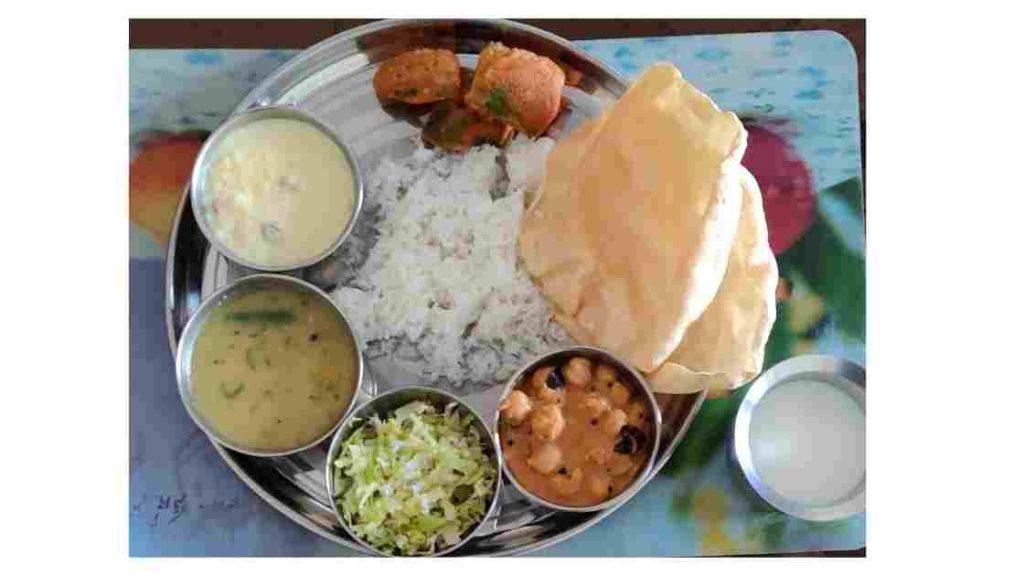
Add fish, meat, or eggs to the lunch occasionally, say, twice a week for completing the need for additional proteins*. So, my typical lunch will look like this-
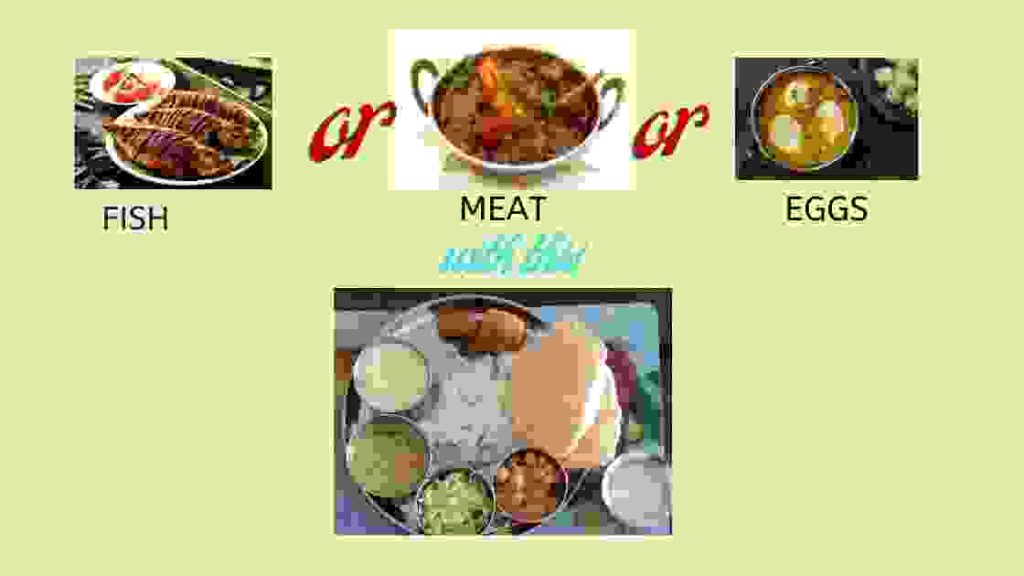
*High amount of protein in the diet, especially for diabetics, should be avoided as diabetic patients are at risk for developing a condition called Diabetic Nephropathy- a complication of diabetes that leads to kidney failure. You may be wondering why this happens. I’ll explain why and how.
Our body requirement of proteins is 1 gm/kg body weight daily, to help build our body parts which are prone to wear and tear. As we age, the body repair process slows down.
So, if you eat more proteins, there is every likelihood of this excess protein being metabolized and thrown out through our urine, which is also the normal case in any person. These metabolites are urea and creatinine, which, when in excess, can hamper the normal filtration process of our kidneys. So, my recommendation is that you should not consume more meat or meat products as you enter your middle and older age. Eating protein from animal sources should be kept at a minimum level.
However, those who do not have diabetes can have an ample amount of proteins to build their muscle mass.
If you are interested in some healthy recipes, you can read them in this article shown below-
Evening Tea and Snacks
Evening tea should consist of the following items-
- A cup of tea- normal with milk, or black tea with a dash of lemon or green tea.
- Snacks such as a low-calorie biscuits (Marie) or cookies(whole grain).
- Any seasonal fruit if you do not like to have tea and biscuits.
- Sprouts of pulses like green moong or chickpea[chana] that is half cooked and had with toppings like tomato, cooked potato, spices, etc., can make a tasty snack.
- Add nuts [about 28 gm or the quantity you can hold in your hand]. Nuts provide you with ample proteins, good fats and antioxidants to keep you healthy.
Dinner
Dinner should be a light affair. Include whatever is included in the lunch, perhaps half the items used in it. Non- vegetarian items should be avoided, as it takes time to digest and can hamper your sleep. However, you can have it if you aim to sleep after 2 to 3 hours post-dinner.
Instead of buttermilk, you can have a glass of milk at bedtime.
The Keto, Dash, and Atkins diet
These diets help you lose weight if you are in the obese or overweight category and help you maintain weight. There are many people advocating these diets, but I don’t recommend them for aging diabetics. Here is an article that explains about these diets- Keto versus Atkins diet.
Conclusion
I hope I have managed to include almost every aspect of diet for aging well, whether you are a diabetic or not. If you have any suggestions that should have been included in this article, feel free to suggest them. I will surely add it in my next update of this article with your nametag/ web address [if any].
Finally, please take some time out to fill in this subscription form so as to receive my next article in your mailbox.
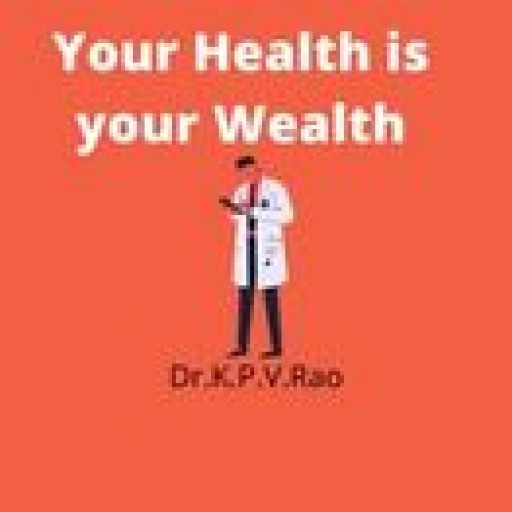

![Deep Vein Thrombosis [DVT] 16 Featured image showing deep vein thrombosis and normal leg veins](https://raodoctor.com/wp-content/uploads/2023/04/DVT.jpg-300x169.jpg)
